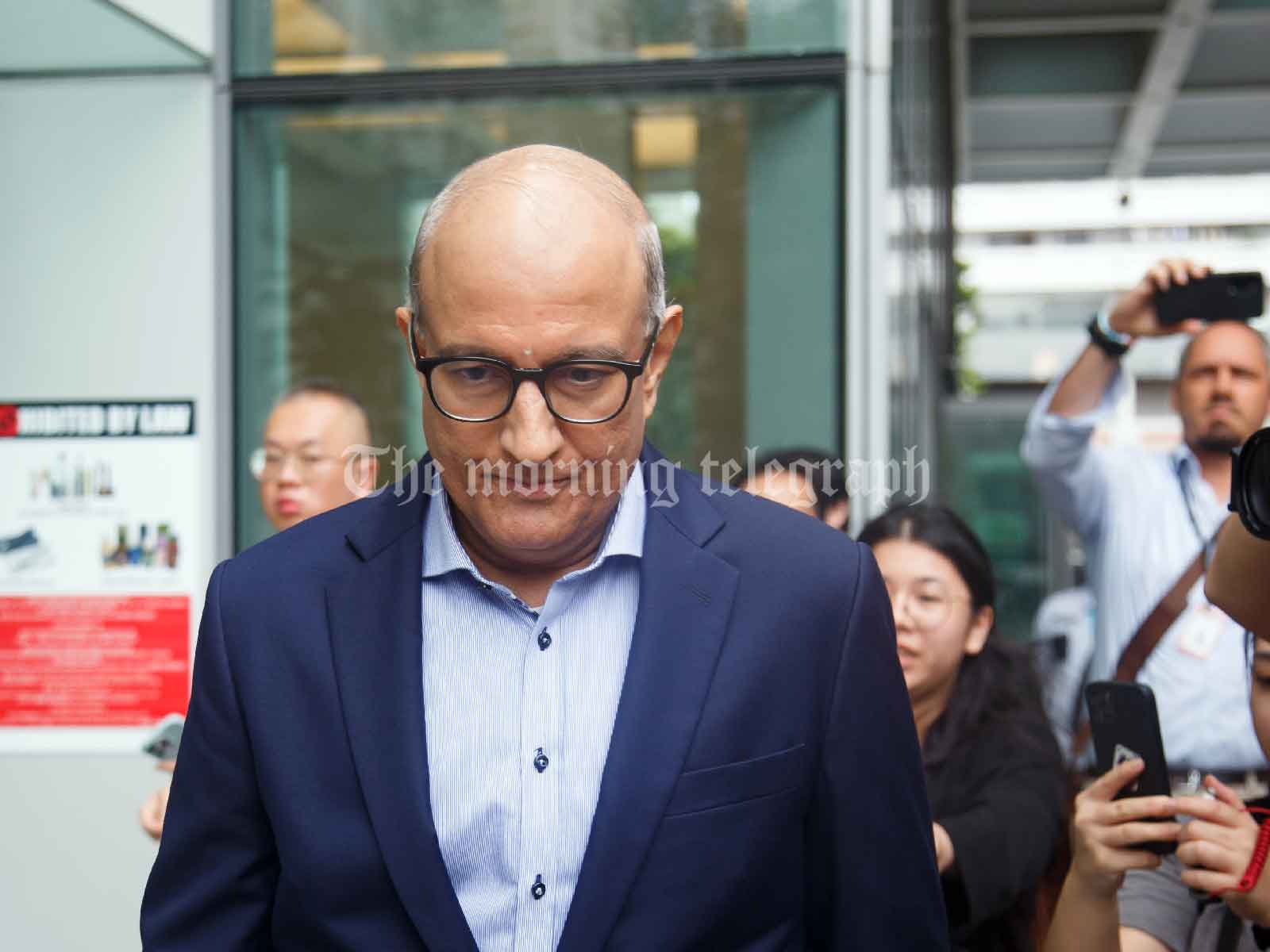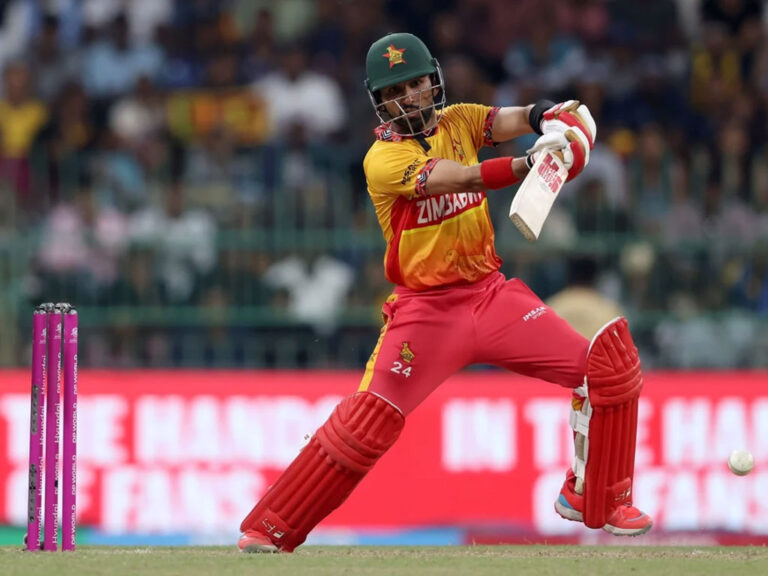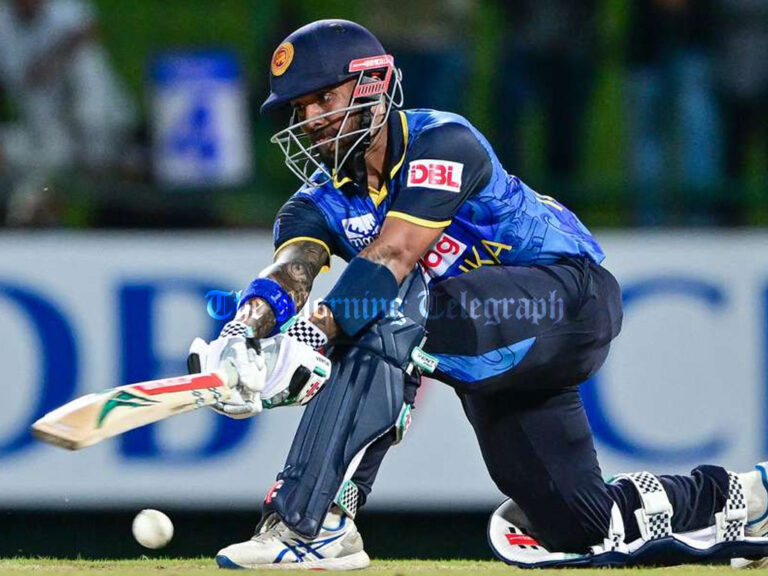
SINGAPORE — Just days after the city-state hosted a thrilling Formula One Grand Prix, former cabinet minister Subramnian Iswaran has gone on trial for corruption, a case that has captivated the nation. Iswaran faces 35 charges, including accepting gifts as a public servant, corruption, and obstructing justice, all of which he denies.
Allegations and Charges
The charges against Iswaran, 62, include allegations of receiving gifts worth over S$403,000 (approximately $311,882; £234,586), comprising flights, hotel stays, musical performances, and Grand Prix tickets. Prosecutors allege that he accepted these benefits from individuals with whom he had official dealings.
Iswaran is specifically charged under a provision that criminalizes public servants from accepting any value from persons involved in their official capacity. If convicted, he could face a fine of up to $100,000 or a prison sentence of up to seven years.
High-Profile Connections
The trial has significant implications, especially given Iswaran’s connections to the Singapore Grand Prix. Notably, property tycoon Ong Beng Seng, who holds the rights to the Grand Prix, is frequently mentioned in the charges as the alleged source of the bribes. Ong, who owns Hotel Properties, which operates several luxury hotels in Singapore, was arrested alongside Iswaran but has not been formally charged. He is expected to testify as a prosecution witness.
Additionally, Iswaran faces further charges stemming from gifts received from construction company boss Lum Kok Seng, who is linked to various government infrastructure projects. Lum’s company benefited from contracts during Iswaran’s tenure as Minister of Transport.
Iswaran’s Political Career
Iswaran has held multiple portfolios in Singapore’s government, including roles in the prime minister’s office, home affairs, communications, and most notably, the transport ministry. His prominence grew during his time in the Ministry of Trade and Industry, where he played a crucial role in shaping Singapore’s tourism landscape during the late 2000s and 2010s, a period marked by significant government investment in casinos, hotels, and international events like the Formula One Grand Prix.
Impact on Singapore’s Governance
The trial has raised eyebrows in Singapore, a financial hub known for its strict anti-corruption stance and squeaky-clean image. Political scandals are rare, making Iswaran’s case particularly shocking. This incident is part of a broader pattern of political scandals that have recently affected the ruling People’s Action Party (PAP).
In 2023, the PAP faced scrutiny due to a separate corruption investigation involving two other ministers, who were ultimately cleared of wrongdoing, and the resignation of two lawmakers over an extramarital affair.
Public Sentiment and Future Implications
The Singaporean public, already sensitive to issues of corruption, is watching the trial closely. The case raises questions about the integrity of government officials and the effectiveness of measures intended to prevent corruption.
Despite the high salaries of Singapore’s lawmakers—some earning over S$1 million ($758,000)—the government has justified these salaries as a deterrent to corruption, a claim that may be tested further as this case unfolds.
Iswaran’s trial not only reflects individual accountability but also challenges the PAP’s long-standing reputation for clean governance. With a history of few corruption scandals, the outcome of this case could have lasting implications for public trust in Singapore’s political system. As the trial progresses, it will be crucial for both the public and the government to address these concerns to restore confidence in their institutions.




